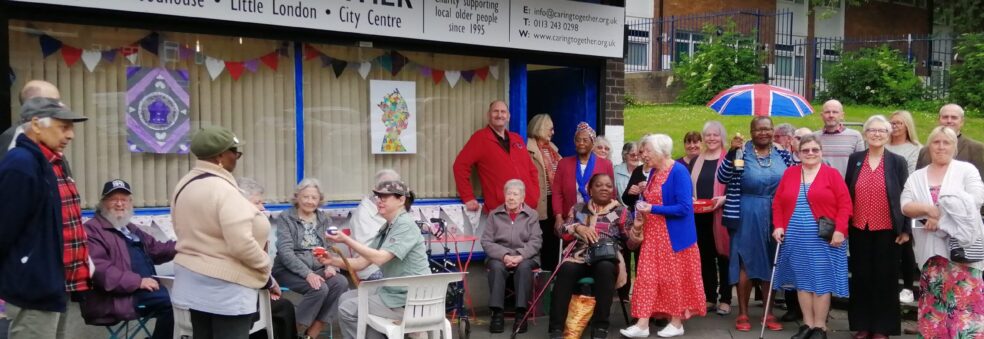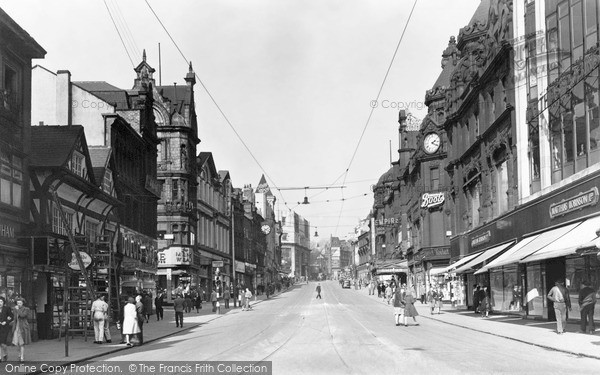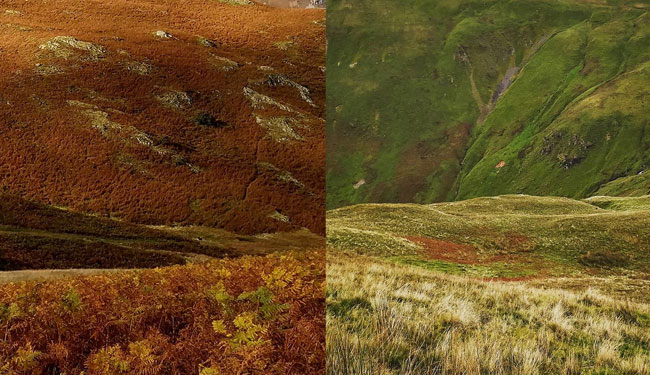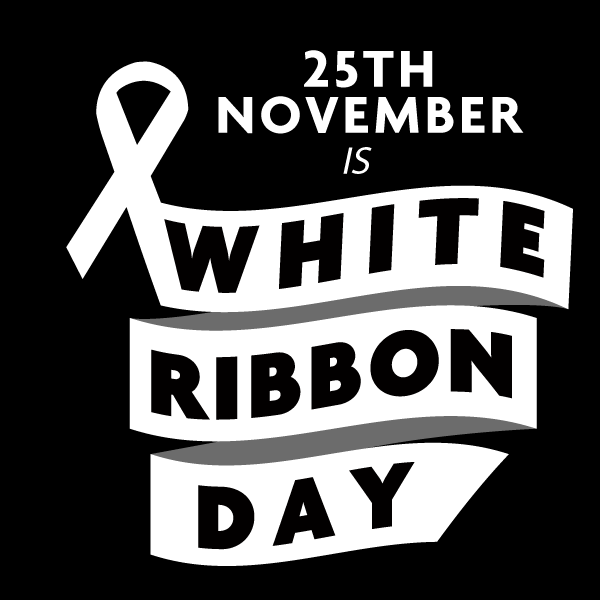Councillor Judith Blake, leader of Leeds City Council, said: “The government has today (Nov 26) announced that Leeds will move into Tier 3 restrictions after the current lockdown ends. The new restrictions will come into force on December 2.
“Whilst local councils have not been involved in discussions around which tier they will move into, we have been working closely with our partners and communities in Leeds to ensure we are prepared for changes to restrictions and that support is in place that will minimise the impact on our residents and businesses as much as possible.
“I would also like to once again thank the people of Leeds for their patience, diligence and compassion over what has been an incredibly challenging time for the city.
“There is light at the end of the tunnel and if we continue to do all that we can to protect ourselves and each other, we can and will emerge from this crisis together.”

Below are details on the government’s Tier 3 restrictions. More detail can be found at: https://www.gov.uk/guidance/local-restriction-tiers-what-you-need-to-know
Tier 3: Very High alert
This is for areas with a very high or very rapidly rising level of infections, where tighter restrictions are in place.
In Tier 3:
- you must not meet socially indoors or in most outdoor places with anybody you do not live with, or who is not in your support bubble, this includes in any private garden or at most outdoor venues
- you must not socialise in a group of more than 6 in some other outdoor public spaces, including parks, beaches, countryside accessible to the public, a public garden, grounds of a heritage site or castle, or a sports facility – this is called the ‘rule of 6’
- hospitality settings, such as bars (including shisha venues), pubs, cafes and restaurants are closed – they are permitted to continue sales by takeaway, click-and-collect, drive-through or delivery services.
- accommodation such as hotels, B&Bs, campsites, and guest houses must close. There are several exemptions, such as for those who use these venues as their main residence, and those requiring the venues where it is reasonably necessary for work or education and training
- indoor entertainment and tourist venues must close. This includes:
- indoor play centres and areas, including trampolining parks and soft play
- casinos
- bingo halls
- bowling alleys
- skating rinks
- amusement arcades and adult gaming centres
- laser quests and escape rooms
- cinemas, theatres and concert halls
- snooker halls
- indoor attractions at mostly outdoor entertainment venues must also close (indoor shops, through-ways and public toilets at such attractions can remain open). This includes indoor attractions within:
- zoos, safari parks, and wildlife reserves
- aquariums, visitor attractions at farms, and other animal attractions
- model villages
- museums, galleries and sculpture parks
- botanical gardens, biomes or greenhouses
- theme parks, circuses, fairgrounds and funfairs
- visitor attractions at film studios, heritage sites such as castles and stately homes
- landmarks including observation decks and viewing platforms
- leisure and sports facilities may continue to stay open, but group exercise classes (including fitness and dance) should not go ahead. Saunas and steam rooms should close
- there should be no public attendance at spectator sport or indoor performances and large business events should not be taking place. Elite sport events may continue to take place without spectators
- large outdoor events (performances and shows) should not take place, with the exception of drive-in events
- places of worship remain open, but you must not attend with or socialise with anyone outside of your household or support bubble while you are there, unless a legal exemption applies
- weddingsand funerals can go ahead with restrictions on the number of attendees – 15 people can attend wedding ceremonies, wedding receptions are not allowed, 30 people can attend funeral ceremonies, 15 people can attend linked commemorative events
- organised outdoor sport, and physical activity and exercise classes can continue, however higher-risk contact activity should not take place
- organised indoor sport, physical activity and exercise classes cannot take place indoors. There are exceptions for indoor disability sport, sport for educational purposes and supervised sport and physical activity for under-18s
- you can continue to travel to venues or amenities which are open, but should aim to reduce the number of journeys you make where possible
- avoid travelling to other parts of the UK, including for overnight stays other than where necessary, such as for work, education, youth services, to receive medical treatment, or because of caring responsibilities. You can travel through other areas as part of a longer journey
- for international travel see the Foreign, Commonwealth and Development Office travel advicefor your destination and the travel corridors list
Exemptions from gatherings limits in all tiers
- as part of a single household, or a support bubble
- for work or providing voluntary or charitable services, including in other people’s homes
- for childcare, education or training – meaning education and training provided as part of a formal curriculum
- for supervised activities provided for children, including wraparound care (before and after-school childcare), groups and activities for under 18s, and children’s playgroups
- for formal support groups, and parent and child groups – up to 15 people aged 5 and older
- to allow contact between birth parents and children in care, as well as between siblings in care
- for arrangements where children do not live in the same household as both their parents or guardians
- for prospective adopting parents to meet a child or children who may be placed with them
- for birth partners
- to attend a funeral – with no more than 30 people present – or a commemorative event such as a wake for someone who has died – with no more than 15 people present
- to see someone who is terminally ill or at the end of life
- to attend a wedding or civil partnership – with no more than 15 people present
- to provide emergency assistance
- to avoid injury or illness, or to escape a risk of harm
- to fulfil a legal obligation, such as attending court or jury service
- to provide care or assistance to someone vulnerable or to provide respite for a carer
- to facilitate moving home




